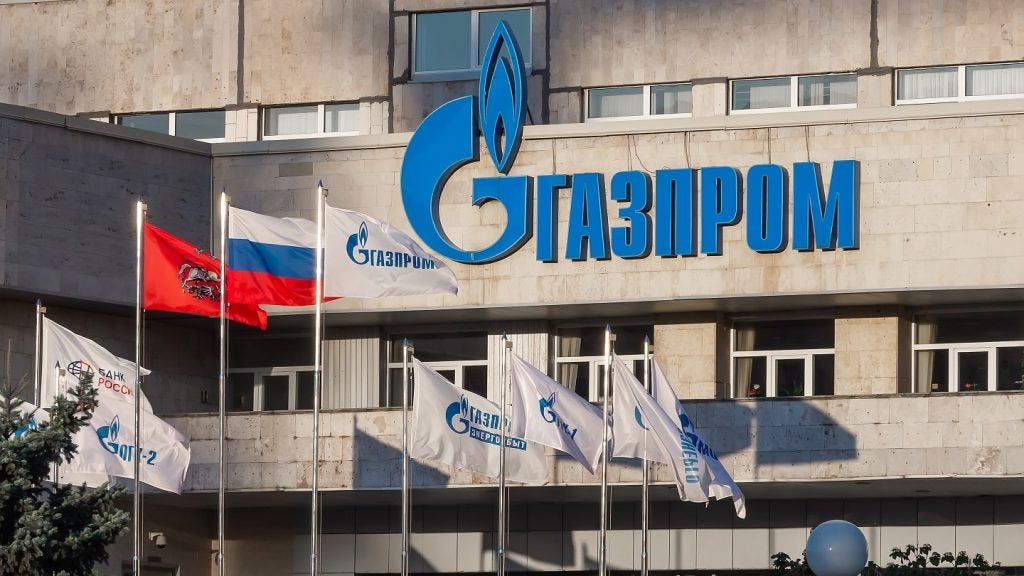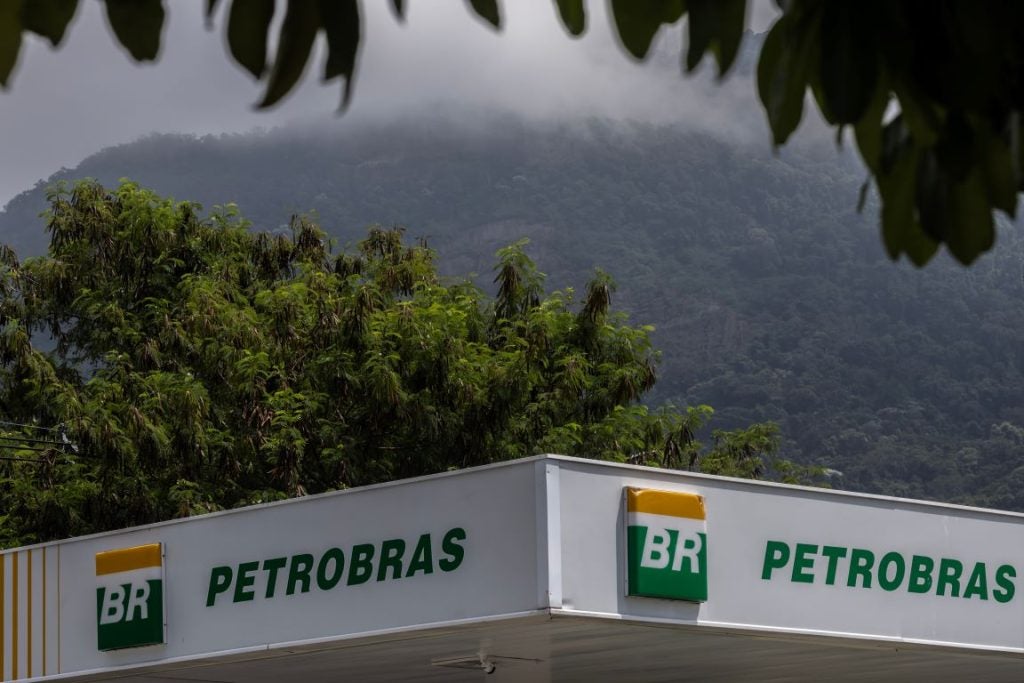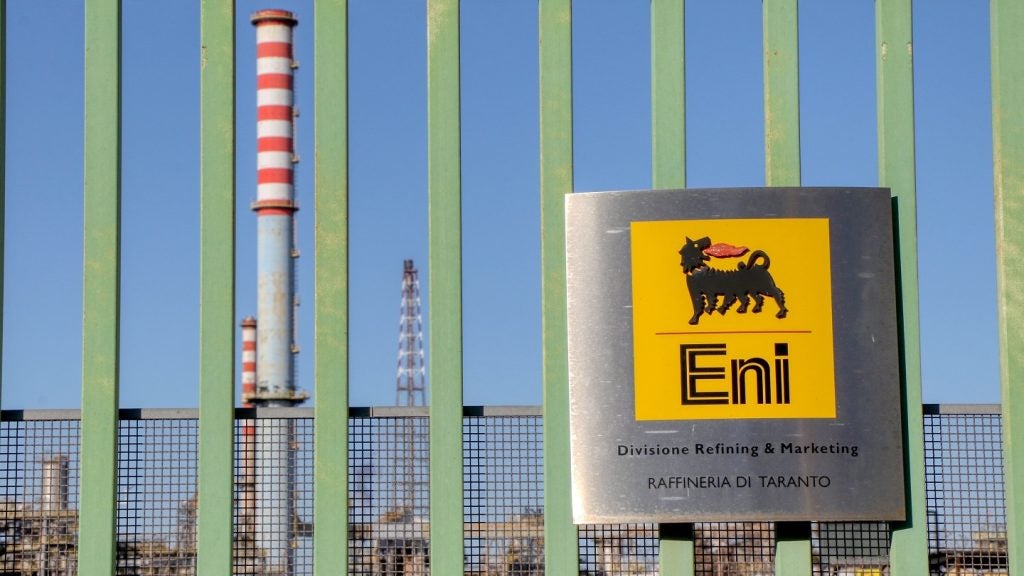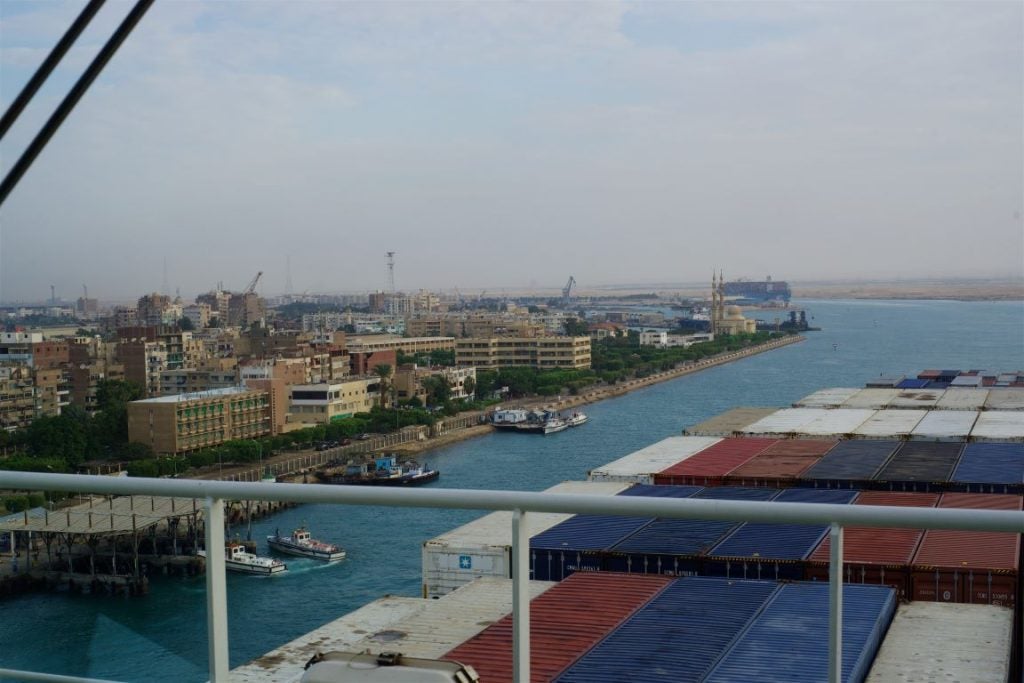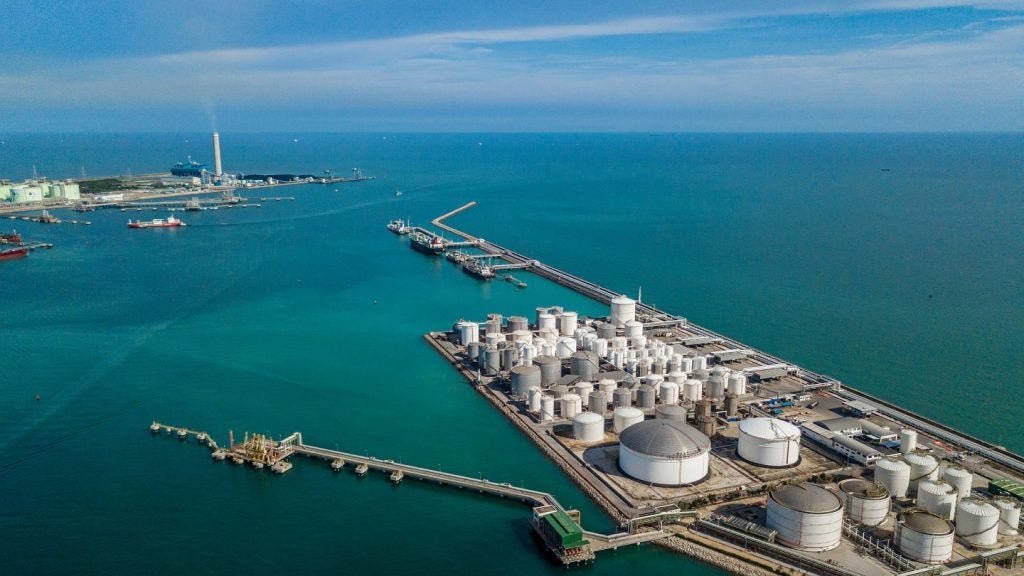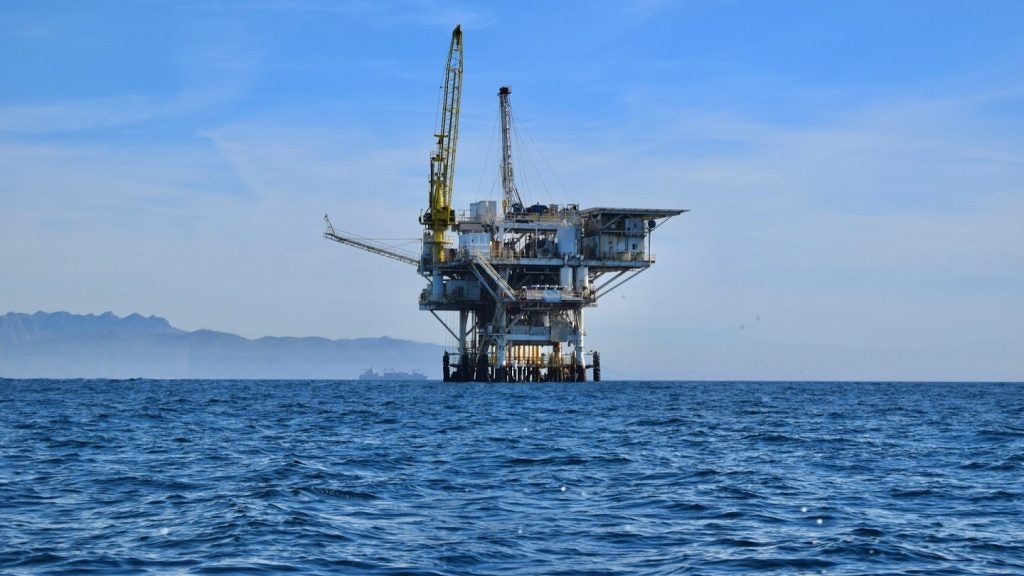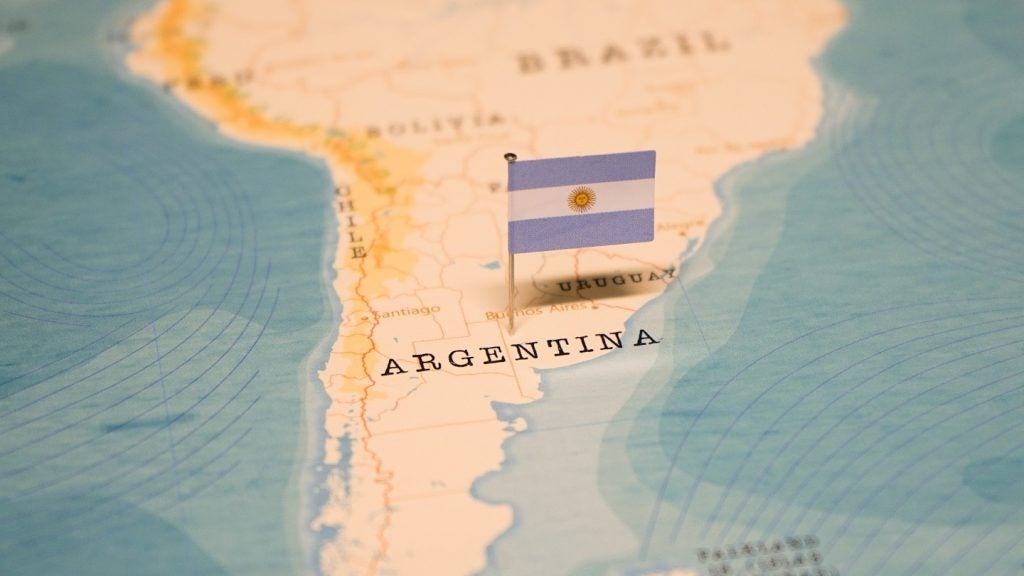The UK Ministry of Defence (MoD) has said Russia's invasion of Ukraine was an influencing factor in Russian energy giant Gazprom’s disastrous 2023 results, which when released in early May this year outlined an annual net loss of around Rbs629bn ($6.9bn).
Commenting on Gazprom’s results through its Defence Intelligence social media channel on 12 May 2024, the MoD stated that revenues of the Russian energy company fell by around 30% in 2023, Gazprom's largest annual loss for more than 20 years.
Significant factors in the results included Russia’s invasion of Ukraine in February 2022 and “subsequent degradation of relationship with the West”, which saw European countries shift away from Russian gas supplies.
“Whilst Gazprom has been able to divert some of its trade to alternative markets, due to infrastructural limitations, these likely only accounted for 5-10% of the lost European sales in 2023,” stated the UK MoD’s DI account, adding that it was “highly likely” that an increase in future sales would be reliant on the construction of new export infrastructure, such as the Power of Siberia 2 gas pipeline.
Further, UK MoD DI said that high taxation on the company’s revenues in 2022 and 2023 had “almost certainly” reduced Gazprom’s incentives to invest in expansion into alternative markets.
“In 2023, Gazprom paid an estimated 2.5 trillion roubles ($28bn) to the Russian budget, approximately 9% of total government revenues. The Russian Government plans to further increase the tax burden on Gazprom in 2024, which likely contributed to Gazprom’s decision to cut investment for 2024 by around 15%,” the UK MoD DI account stated.
It is thought that Russia’s economy is moving further towards a total war footing as it bends its industrial capacity into a Ukraine war upon which the future of Russian President Vladimir Putin is balanced.
The scale of Russia’s industrial shift to supporting its defence ambitions has not been seen on such a scale since the days of the Cold War, with sources in recent weeks indicating that up to 40% of the country’s economy is now dedicated towards assisting requirements for Moscow’s war in Ukraine.
Gazprom’s gas still flows to European countries
The flight of European business from Gazprom as a result of Moscow’s invasion of Ukraine in February 2022, saw European countries including Germany and Poland cease their reliance on Russian energy supplies.
A February 2024 article by the European Commission’s Directorate General for Energy, examining the European Union’s security and gas supplies, stated that the bloc’s total gas demand stood at around 400 billion cubic meters (bcm) per year before the war, with only about 10% of it covered by domestic production.
The 150 bcm of natural gas (both LNG and pipeline) imported to the EU from Russia in 2021 was nearly halved (to 80 bcm) in 2022 and fell by a similar share (to 43 bcm) in 2023.
“In short, EU dependence on Russian gas fell from 45% in 2021, to only 15% in 2023,” the Directorate General for Energy said.
Recent analysis by GlobalData indicates that Slovakia is targeting gas imports from Azerbaijan to replace Russian supplies, with the country the latest to join other eastern and southern European states seeking to shift from Moscow’s energy grip.
However, a recent report by the Atlantic Council, released on 7 May, said that despite Russia’s ongoing war in Ukraine, Russian gas, supplied by Gazprom, continues to transit Ukraine on its way to European buyers.
“By and large, both sides continue to adhere to the 2019 EU-brokered gas transit agreement. Under that agreement, Gazprom is obliged to ship a minimum volume of gas – 65 bcm in the first year and 40 bcm in subsequent years—under ship-or-pay conditions,” wrote the Atlantic Council report, which was authored by Sergiy Makogon and Daniel Stein.
The EU-Russian gas transit agreement is due to expire at the end of December 2024.


